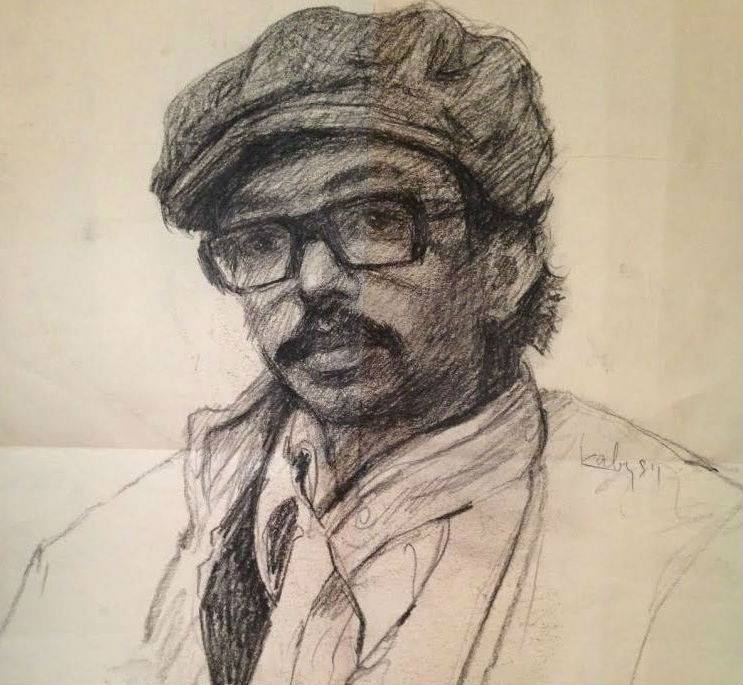 [ This is the second article in the Series on Valluvar by A.N.Kandasamy. - - Editor, Tribune ]
[ This is the second article in the Series on Valluvar by A.N.Kandasamy. - - Editor, Tribune ]
Let US in this article traverse the second section of Valluvar, the section on Politics and Wealth where he puts forward his theories on statecraft and the art of government. In this section Valluvar resembles Machiavalli of The Prince and Kautiliya of the Arthashastra. The ethics he advocates for the individual in the first section ( அறம் ) is swept aside to make room for new norms of behaviour for the Prince. What is good enough for the individual is neither enough or good for the ruler of a country. Cold realism prompts him to seek new attitudes, practical attitudes that will help to further the interests of the state and the community. For example Valluvar considers non-killing as a supreme virtue in the individual and says as follows in his chapter on non - killing:
Let no one do that which would destroy the life of another, although he should by so doing, lose his very own life. - Kural 327.
But non-killing is a good ideal for the individual it is not so for the guardian of the state. In this too he differs from the pure moralist teachings of the Buddha, Jesus and Mahavira.
A STATE is an instrument of force and derives its power only from its punitive laws, the army and the police. Valluvar fully realises this and advocates the creation of a powerful army, an efficient secret police and death to criminals. On the last subject Valluvar says as follows:-
A king's punishment of criminals with death is comparable to the pulling up of the weeds in the green fields. - Kural 550
From this another aspects of Valluvar's thought too is clearly seen by us. To him there are no eternal truths in a changing , dynamic and evolutionary world. What is correct in a certain environment is not so correct in another. In this wee see that he has affinities with modern dialectical materialism too.
LISTED BELOW are a few of the striking political aphorisms of Valluvar. To the pure ideologies they should appear as stinking of hypocrisy, double dealing and even meanness. but then Valluvar , as Bertrand Russell says of machiavalli, does not advocate villainy as a principle. However the necessity of questionable methods from the point of view of pure idealism for success in the field of statecraft is not to be ruled out. Here Valluvar too is an apostle of commonsense as the great Kautiliya.



 பதிவுகள். காம் மின்னூல் தொகுப்புகள்
பதிவுகள். காம் மின்னூல் தொகுப்புகள் 










